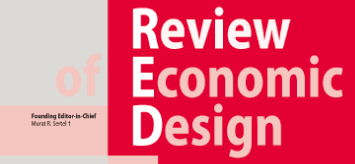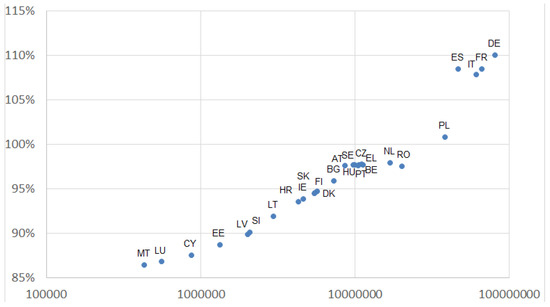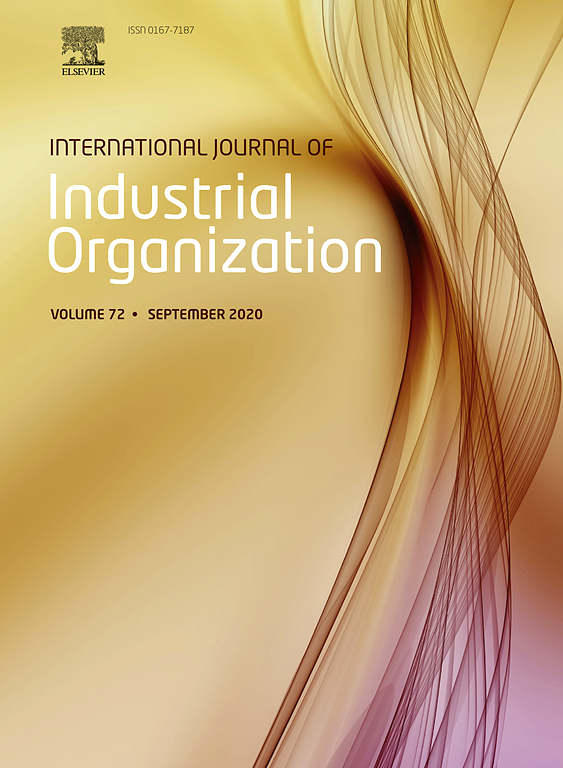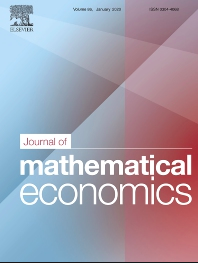Budapest, 6-7 October 2021
The aim of Stody+games, the Meeting on Games, Stochastics, and Dynamics is to bring together researchers who work on mathematical questions related to stochastic and dynamic features of games and to facilitate discussions and collaborations on this area. The meeting will include several talks and a poster session.
The workshop is co-hosted with Corvinus Center for Operations Research, Corvinus Institute for Advanced Studies, GAMENET, and Games Research Group Tel-Aviv University
Date: Wednesday+Thursday, 6+7 October 2021
Location: Corvinus University of Budapest, Budapest, Building E, Room 2001







